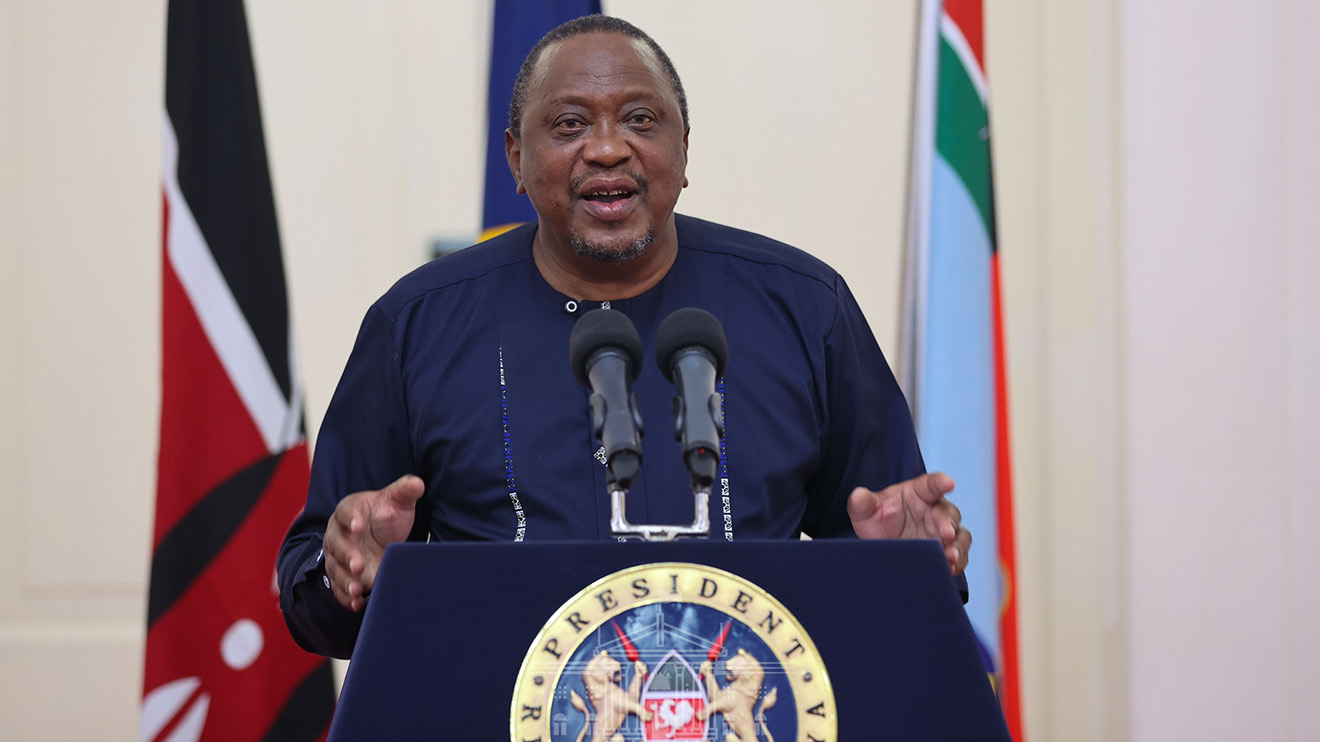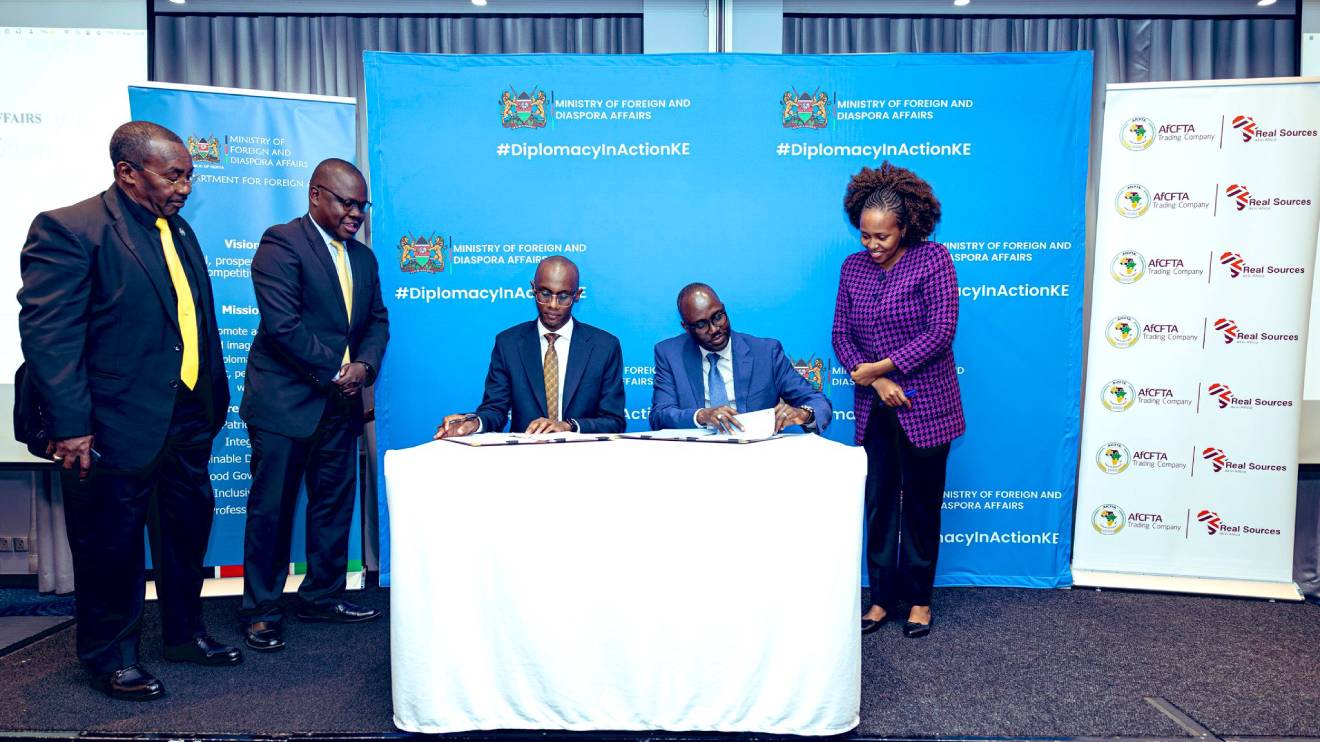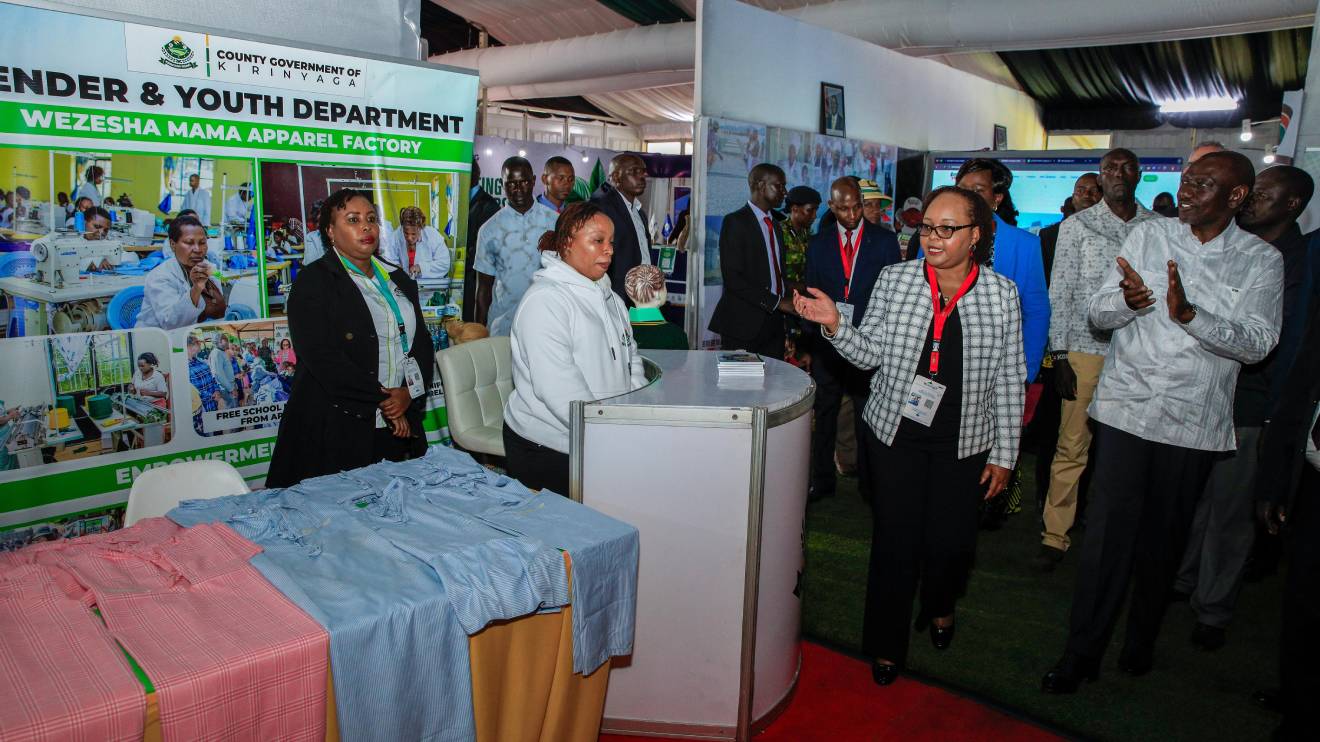The Supreme Court judgment on Thursday essentially closed the door on the Building Bridges Initiative (BBI) process and the Constitutional Bill of 2020 in the meantime, even as it might have been impossible to conduct the referendum before the August poll.
The Supreme Court judges led by Chief Justice Martha Koome, in majority, declared two key sections of the BBI process unconstitutional halting the process in its tracks.
However, looking at the judgment analytically, President Uhuru Kenyatta seems to have carried the day in majority of issues he had challenged at the apex court following a scathing decision on the BBI by the Court of Appeal that upheld a ruling by the High Court.
Attorney General Kihara Kariuki, when he took the challenge to the Supreme Court, had indicated that his primary intention was to tame the judicial precedents set by the two lower courts which he termed dangerous for the country.
In the AG's appeal, he indicated that one of the main issues Uhuru had with the Appellate Court was the decision exposing the president to prosecution while in office and the seven Supreme Court judges granted in majority that civil proceedings cannot be instituted against a sitting president.
Read More
The judges of the apex court also agreed with the president that the basic structure doctrine is not applicable in the Kenyan supreme law, contrary to findings of the lower courts, which held the entrenchment of the Basic Structure doctrine borrowed from India.
The Head of State also got a big win on the contentious issue of how many commissioners IEBC requires to constitute a quorum during verification of signatures supporting the Constitutional Amendment Bill 2020 and the general election. The Supreme Court’s final judgement indicated that IEBC had the requisite quorum to make key decisions even with three commissioners.
Uhuru also won when it comes to the requirement of public participation in the BBI process with the Supreme Court judges ruling that there was sufficient public participation on the BBI and IEBC had no oblgation to ensure the promoters of Bill complied with requirement for public participation.
Opponents of BBI had argued againt the BBI referendum having multiple questions and the country's CEO further got his way with his challenge against this argument, according to the final judgment read by the CJ after all judges read out their summarised decisions.
Overall, the president carried the day in five of the seven issues he had taken to the Supreme Court in the much-anticipated judgment, issues which he had indicated, through the AG, that if left unchallenged would set a dangerous precedent for future presidents and for future Constitutional amendment processes.
The judgment further left a clear pathway for a return of BBI in a different form after the August general election. Even as the Kenya Kwanza coalition led by Deputy President Uhuru Kenyatta celebrated the court decision as the "death of BBI", it was Uhuru who left with the SCORK goodies, given his Azimio side did not want a tricky BBI battle taking away the focus from the Presidential campaign.
He, however, lost on two crucial issues that sounded the death knell for the BBI in its current form; the judges found that President was not permitted to initiate changes through a popular initiative and also raised issue with the Second Schedule that intended to create 70 estra constituency, saying this was the pervue of the IEBC.










